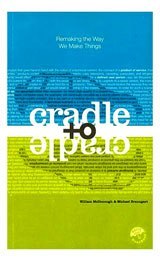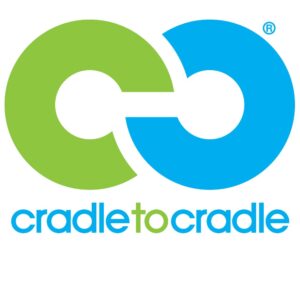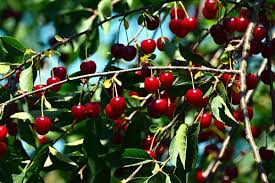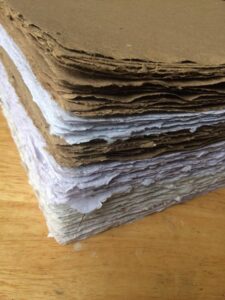week 6(cradle to cradle book review)
“Cradle to Cradle: Remaking the Way We Make Things,” a 2002 book by American architect William McDonough and German chemist Michael Braungart, is described as “revolutionizing design.” In their book, they advocate “Form Follows Evolution,” in which human creative industries design products with reuse in mind to positively reduce their negative impact on the environment. Many current designs, on the one hand, contain a large number of chemicals harmful to humans, and on the other hand, a large number of substances become unrecyclable wastes at the end of the product’s life, both of which make us not optimistic about the living environment. Book a YingShu example, every year, YingShu floriferous will result will leaves, the fallen petals, fruits and leaves, and finally look into the “waste”, but the “waste” had returned to the embrace of nature, to become the new tree, turned out to be bacteria, became a part of birds and other natural ecological system. The author thinks that human should industry be to imitate such a natural system, we can design the product when considering its all part of the final can return to the nature and be able to form new products, rather than implied the environmentalists now required the use of resources, because in terms of human, the creation and development of industry is the foundation of human social progress.


There are some examples of their projects. The paper in this book, for example, is very special. It is made of polymer paper, printed and glued from materials that are harmless to humans, so that the paper is white, good to the hand, not wet, and looks very good. But it does not need a lot of deforestation pulp extraction trees to extract the papermaking raw material, also do not need the paper bleaching process was carried out on the river water pollution discharge, in particular, when the book after several generations of reading, the last need complete recovery, it is easy to use ordinary chemical methods, become the new white “paper”. The concept and the present popular “recycled paper” on the market at present is not the same, “recycled paper” printed books, the color of the paper is very not beautiful rough, words can’t print too clean, is the most important defects, “recycled paper” from the recycled materials in papermaking method at present, so it has been causing some damage to the environment first, secondly “recycled paper” you are unable to recycle again after use, its life is over, can no longer be reused, this is absolutely a waste of resources.

An interesting example is given in the book. The roads in China are full of white fast food lunch boxes. After eating, people throw plastic lunch boxes everywhere, especially in the rural fields. The author thinks that if before the design of plastic lunch box to design it into a kind of material can be reused, for example, at lunch box out in the fields or fertilizer, so it got the continuation of life, people are no longer to throw plastic lunch box and guilt, on the contrary, farmers will likely start collecting all these plastic lunch box as a feed, the slogan “don’t litter” can be changed into “Please litter” (both Please litter). In the author’s opinion, it is completely possible to remove the chemical substances that cannot be reused and create the chemical substances that can be reused through chemical analysis.




Recent comments